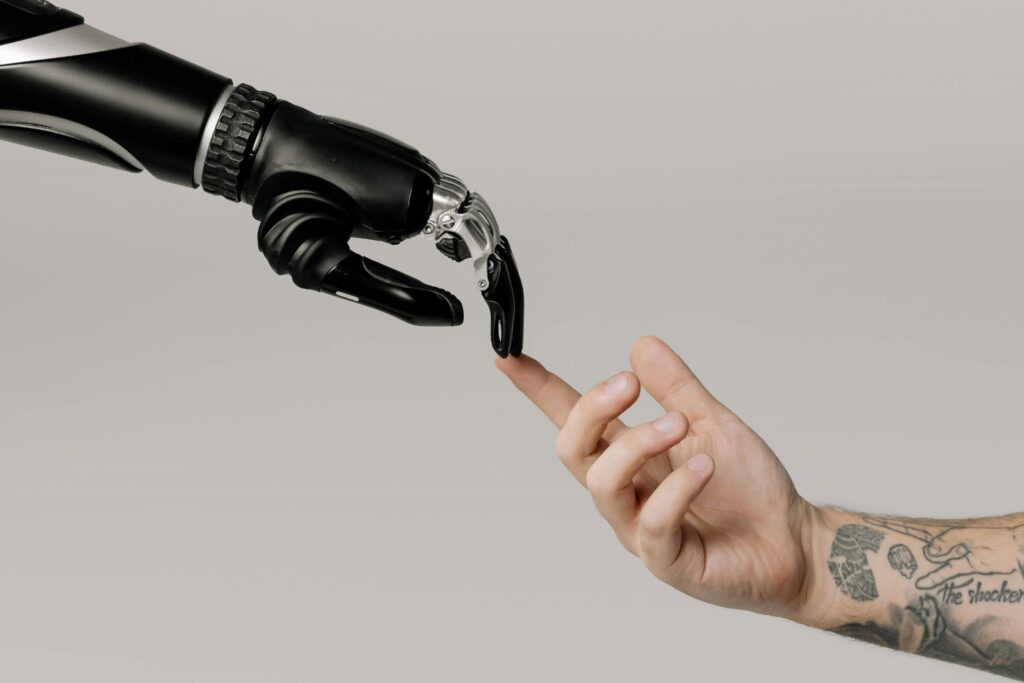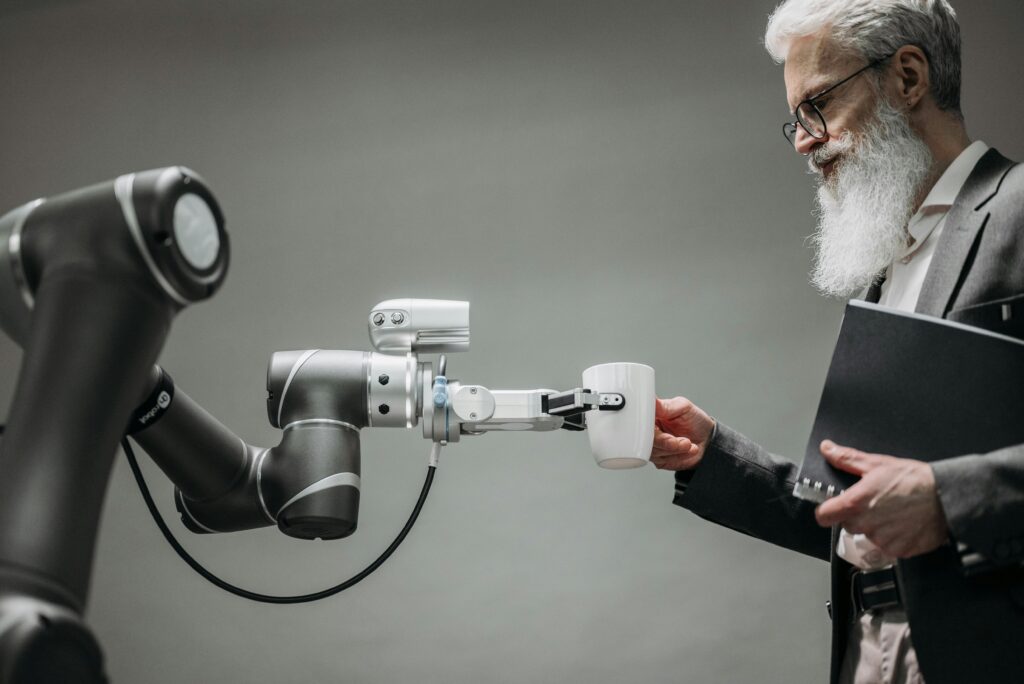n recent years, artificial intelligence (AI) and automation have rapidly reshaped industries, thereby transforming how we work and live. From chatbots in customer service to autonomous vehicles, AI and automation represent a significant technological shift. In this context, this blog explores the key trends, benefits, and challenges of AI and automation and their implications for our future.

Understanding AI and Automation
Artificial Intelligence refers to the capability of a machine to imitate intelligent human behavior. For instance, this can include learning, reasoning, problem-solving, and even understanding natural language. On the other hand, automation is the technology that performs tasks with minimal human intervention. By working together, they streamline processes, improve efficiency, and often reduce costs. Ultimately, this combination enhances productivity across various industries.
Key Trends in AI and Automation

- Machine Learning and Data Analysis: Companies use machine learning to analyze data, thereby revealing patterns that enhance decisions and improve performance. Furthermore, this technology enables organizations to make more informed choices based on insights drawn from vast amounts of information.
- Natural Language Processing (NLP): AI tools enhance communication in customer service, content creation, and mental health support. In addition, these tools allow for more personalized interactions, which can lead to higher customer satisfaction.
- Robotics and Autonomous Systems: Robots are taking over repetitive and dangerous tasks in manufacturing and logistics, thus boosting safety and efficiency. Moreover, their integration into these sectors minimizes human risk and maximizes productivity.
- AI in Healthcare: AI is transforming healthcare through diagnostics, personalized medicine, and robotic surgery, which not only improves accessibility but also enhances efficiency. Consequently, patients can receive more accurate treatments in a timely manner, revolutionizing the healthcare experience.
Benefits of AI and Automation

- Increased Efficiency: Automation speeds up processes, allowing businesses to achieve more in less time. AI systems can work around the clock without the need for breaks, leading to increased productivity.
- Cost Reduction: By minimizing repetitive tasks, companies can cut costs and reallocate resources to strategic areas.
- Improved Accuracy: AI reduces human error in tasks like data entry and calculations, leading to better outcomes and higher quality.
- Enhanced Customer Experience: AI enables businesses to personalize experiences and respond quickly through chatbots and recommendations.
Challenges to Consider
Despite the benefits, the rise of AI and automation brings challenges that must be addressed: firstly, job displacement; secondly, ethical concerns; and thirdly, the need for reskilling the workforce. Additionally, it’s important to consider the potential for increased inequality. Moreover, organizations must navigate the complexities of implementing these technologies responsibly. Therefore, addressing these challenges is crucial to ensuring a balanced and equitable transition into an automated future.
- Job Displacement: A major concern is the potential job loss as machines take over human tasks. It’s crucial for businesses and governments to invest in reskilling and upskilling workers to prepare for the changing job landscape.
- Ethical Considerations: The deployment of AI raises ethical questions about bias in algorithms, data privacy, and decision-making processes. Establishing clear guidelines and ethical standards is essential.
- Security Risks: As reliance on AI grows, so do the risks of cyberattacks. Ensuring robust security measures are in place to protect sensitive data is vital.
The Future of Work with AI and Automation

The integration of AI and automation is not about replacing humans; instead, it focuses on augmenting human capabilities. As a result, as routine tasks are automated, employees can concentrate on more strategic, creative, and complex work. Consequently, this shift will require a cultural change within organizations and, more importantly, a commitment to lifelong learning. Thus, organizations must foster an environment that encourages adaptation and growth.
Conclusion
AI and automation are set to redefine our future in profound ways. While they offer significant benefits, at the same time, it’s vital that we thoughtfully address the challenges. Moreover, as we embrace these technologies, we must consider their ethical implications. Ultimately, responsible use of AI and automation can create a future where they enhance our lives and work, thus leading to improved efficiency and innovation. In this regard, collaboration between stakeholders will be essential to maximize their positive impact.
As we move forward, staying informed and adaptable will be key to thriving in this new era of technological advancement. What are your thoughts on the rise of AI and automation? How do you see it impacting your field? I’d love to hear your insights and continue the conversation!
Clicke here to read : – benifits of social media


